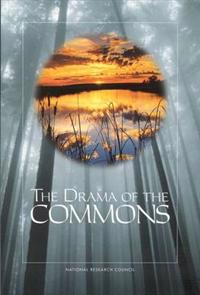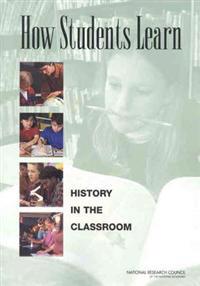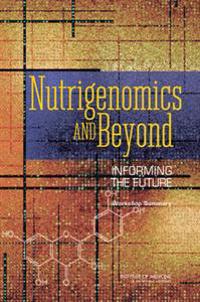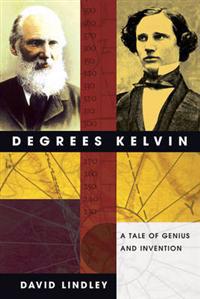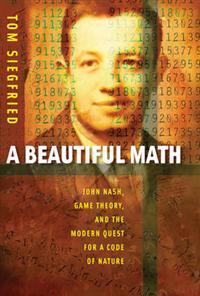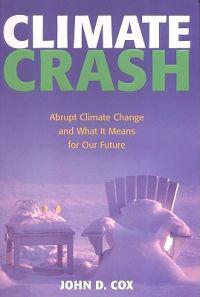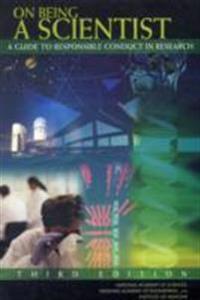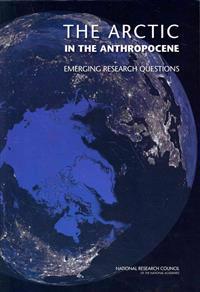The Drama of the Commons (Häftad)
avCommittee on the Human Dimensions of Global Change, National Research Council, National Academy of Sciences
ISBN: 9780309082501 - UTGIVEN: 200202The "tragedy of the commons" is a central concept in human ecology and the study of the environment. It has had tremendous value for stimulating research, but it only describes the reality of human-environment interactions in special situations. Research over the past thirty years has helped clarify[...]
How Students Learn (Häftad)
avCommittee on How People Learn: A Targeted Report for Teachers, National Research Council, National Academy of Sciences
ISBN: 9780309089487 - UTGIVEN: 200405Draws upon recent research in cognition, teaching, and learning to offer strategies for teaching history, math, and science to elementary, middle, and high school students.[...]
Nutrigenomics and Beyond (Häftad)
avFood and Nutrition Board, Institute of Medicine, National Academy of Sciences
ISBN: 9780309104890 - UTGIVEN: 2007-06The integration of biology, genomics, and health has opened the possibility of applying genomics technology to nutrition. In 2001, scientists associated with the Human Genome Project announced the successful mapping of the reference sequence of the human genome. Since then, a body of information has[...]
Dakota Grammar: Memoirs of the National Academy of Sciences V23 (Häftad)
avFranz Boas, Ella Cara Deloria
ISBN: 9781258176464 - UTGIVEN: 2011-10We're Friends, Right? (Häftad)
avWilliam A. Corsaro, Joseph Henry Press, National Academy of Sciences
ISBN: 9780309087292 - UTGIVEN: 200310Sociologists often study exotic cultures by immersing themselves in an environment until they become accepted as insiders. In this fascinating account by acclaimed researcher William A. Corsaro, a scientist "goes native" to study the secret world of children. Here, for the first time, are the child[...]
Degrees Kelvin (Häftad)
avDavid Lindley, Joseph Henry Press, National Academy of Sciences
ISBN: 9780309096188 - UTGIVEN: 2005-10In 1840, a precocious 16-year-old by the name of William Thomson spent his summer vacation studying an extraordinarily sophisticated mathematical controversy. His brilliant analysis inspired lavish praise and made the boy an instant intellectual celebrity. As a young scholar, William dazzled a Victo[...]
A Beautiful Math (Inbunden)
avTom Siegfried, Joseph Henry Press, National Academy of Sciences
ISBN: 9780309101929 - UTGIVEN: 200609Millions have seen the movie and thousands have read the book but few have fully appreciated the mathematics developed by John Nash's beautiful mind. Today Nash's beautiful math has become a universal language for research in the social sciences and has infiltrated the realms of evolutionary biology[...]
Climate Crash (Häftad)
avJohn D. Cox, National Academy of Sciences
ISBN: 9780309101998 - UTGIVEN: 200702As scientists carefully search for clues in the sun and storm patterns from our distant past, they are gradually writing a new history of Earth's climate. It is now apparent that alterations in our climate can happen quickly and dramatically. Physical evidence reveals that centuries of slow, creepin[...]
On Being a Scientist (Häftad)
avEngineering and Public Policy Committee on Science, National Academy of Sciences, Policy and Global Affairs
ISBN: 9780309119702 - UTGIVEN: 200812The scientific research enterprise is built on a foundation of trust. Scientists trust that the results reported by others are valid. Society trusts that the results of research reflect an honest attempt by scientists to describe the world accurately and without bias. But this trust will endure only[...]
The Arctic in the Anthropocene (Pocket)
avNational Academy of Sciences (COR)
ISBN: 9780309301831 - UTGIVEN: 2014-10Once ice-bound, difficult to access, and largely ignored by the rest of the world, the Arctic is now front and center in the midst of many important questions facing the world today. Our daily weather, what we eat, and coastal flooding are all interconnected with the future of the Arctic. The year 2[...]

